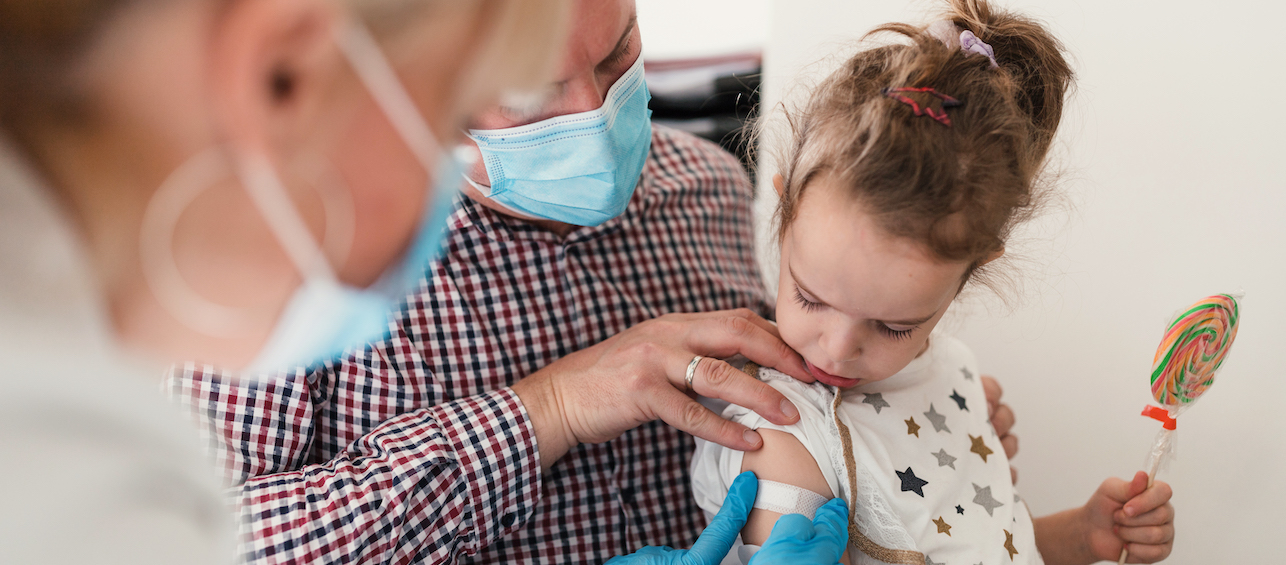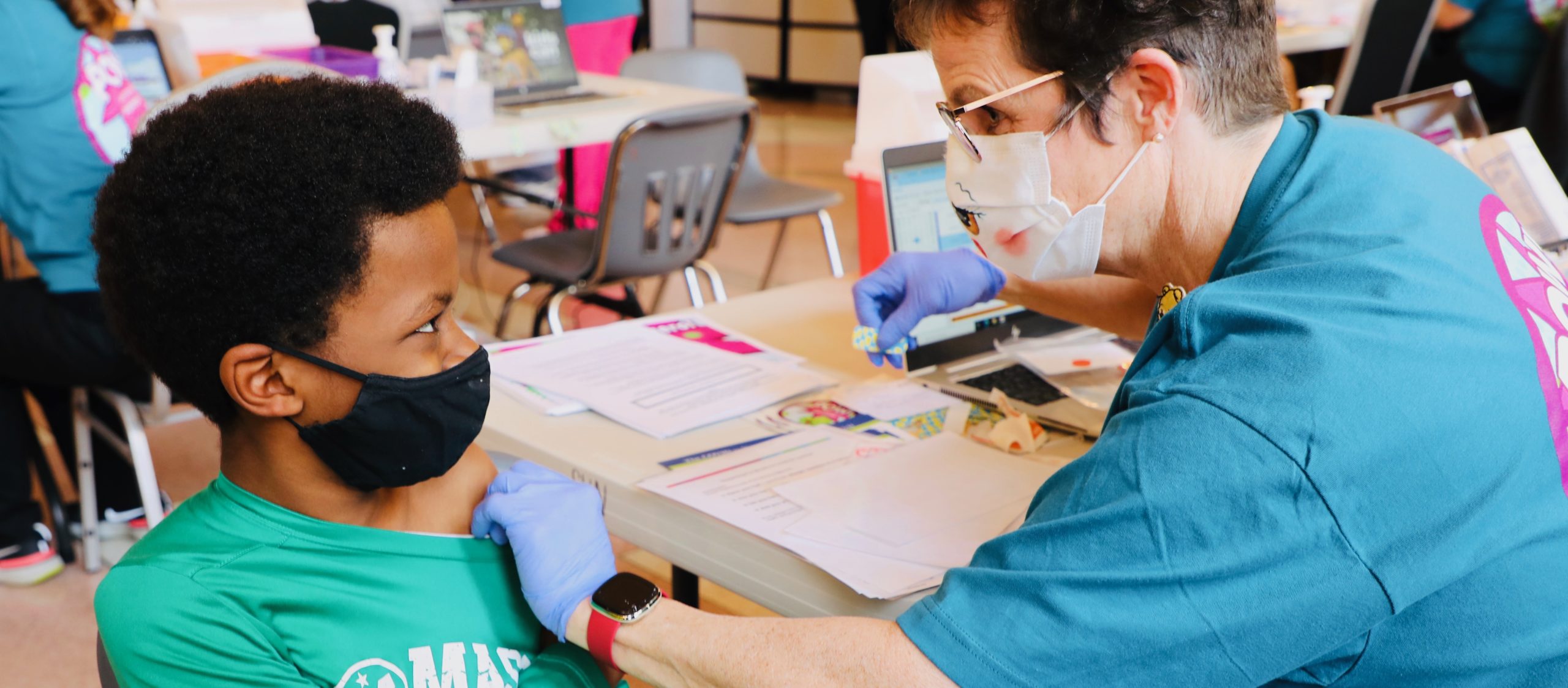With the decreasing number of COVID-19 cases and the increasing rate of vaccinations, for some, it may feel like the pandemic is finally moving in the right direction. However, for the families of kids who are immunocompromised, they may feel a bit stuck.
That’s because the vaccines need the immune system to work, and people who are immunocompromised may not respond as well to the vaccines. Immunocompromised individuals were not included in the original vaccine trials because as with all clinical trials, they have strict enrollment criteria. With the success of the vaccine for healthy individuals, the time has come to study it in immunocompromised children. If your child is immunocompromised, please consider enrolling in our study!
We consider kids to be immunocompromised when they have an underlying disease or take medications that decrease their ability to fight infections.
The Number of Kids with Compromised Immune Systems
While we don’t know the exact number of children who have compromised immune systems in this country, we know that it is a significant number of the patients we serve at Cincinnati Children’s, and is conceivably similar to other children’s hospitals around the country. The Centers for Disease Control and Prevention (CDC) estimates that 2.6% of children are immunocompromised.
Why COVID-19 Is Problematic for Immunocompromised Kids
It is important for us to further study this vaccine because COVID-19 increases an immunocompromised child’s chances of having more severe, longer infections. We are still learning about how immunocompromised kids respond to the illness. As more are infected, we see that there is a broad range of responses — from no symptoms at all to hospitalizations.
Immunocompromised Kids and Their Response to the Vaccine
Similarly, we are studying how immunocompromised kids respond to the vaccine. Adults who are immunocompromised, including solid organ transplant recipients and patients on biologics, have decreased responses to COVID vaccination and remain at-risk for infection. We expect that children in similar circumstances may have decreased responses as well, but the only way to know for sure is to carefully study it.
This is the same vaccine that has emergency use approval from the FDA and support from the CDC for children. The dose each child will receive is the same dose recommended for each age group.
We hope that this study helps us to provide more information to patients and families about the best ways we can help protect them from COVID-19 in the future. If you are interested in seeing if your child qualifies for this study, please complete the survey.





